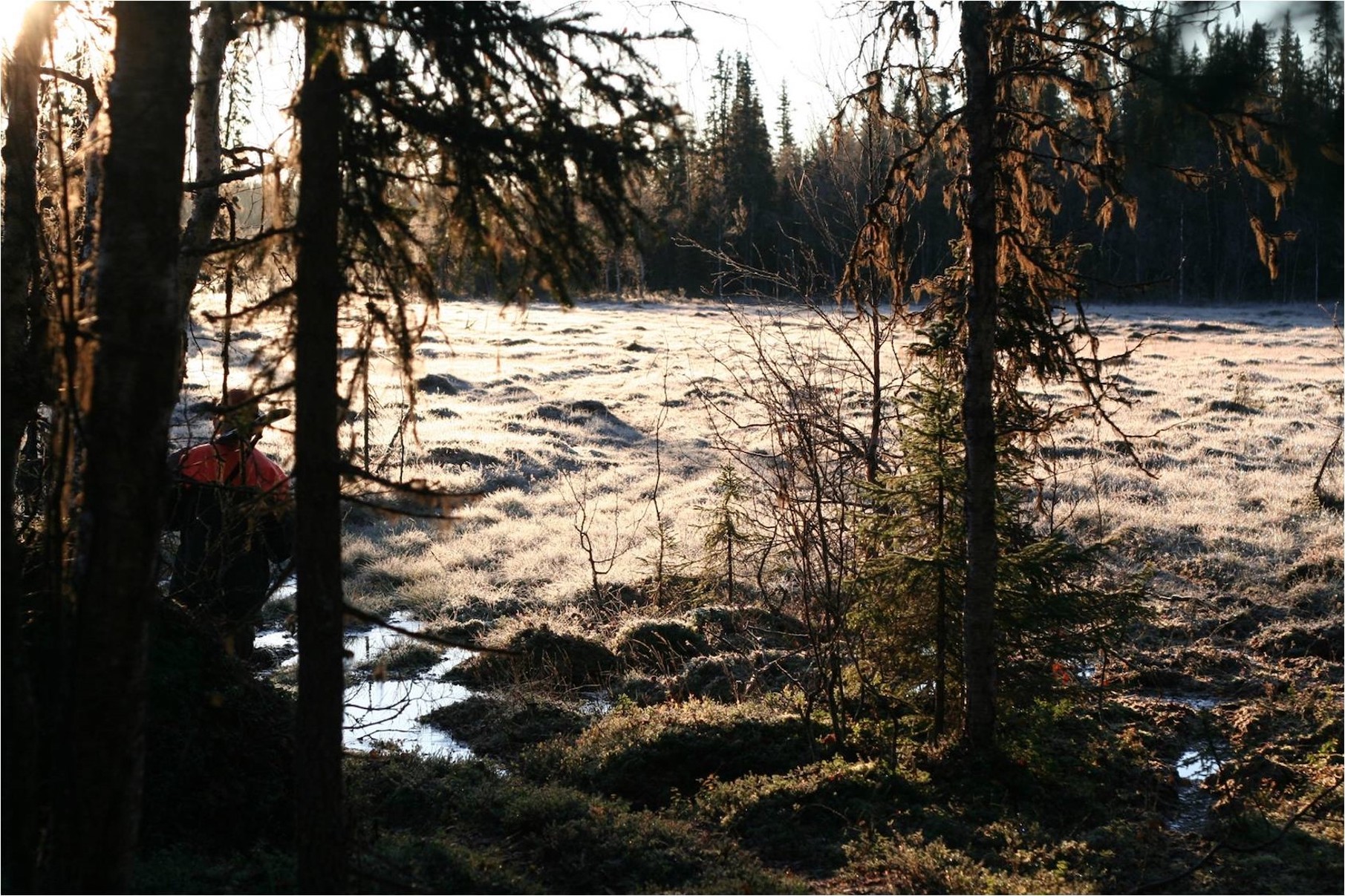
From the Sámi perspective, all matters are environmental matters. The Sámi Environmental Programme is a holistic framework with a long-term, decolonised perspective on sustainability and Indigenous culture. Josefina Skerk, former Vice President of the Sámi Parliament, shares powerful perspectives on life, land and climate justice in a conversation originally published in “Rural Europe Takes Action – No more business as usual”, the policy guide launched by ARC2020 and Forum Synergies in June 2022. This story features alongside other initiatives whose messages underscore the need for a socio-ecological policy framework that ensures fairness and resilience in our approaches to nature and each other. We detail this policy action point briefly before sharing the conversation with Josefina Skerk.
The Rural Europe Takes Action e-book is available here. To order a hardcopy, contact info@forum-synergies.eu.
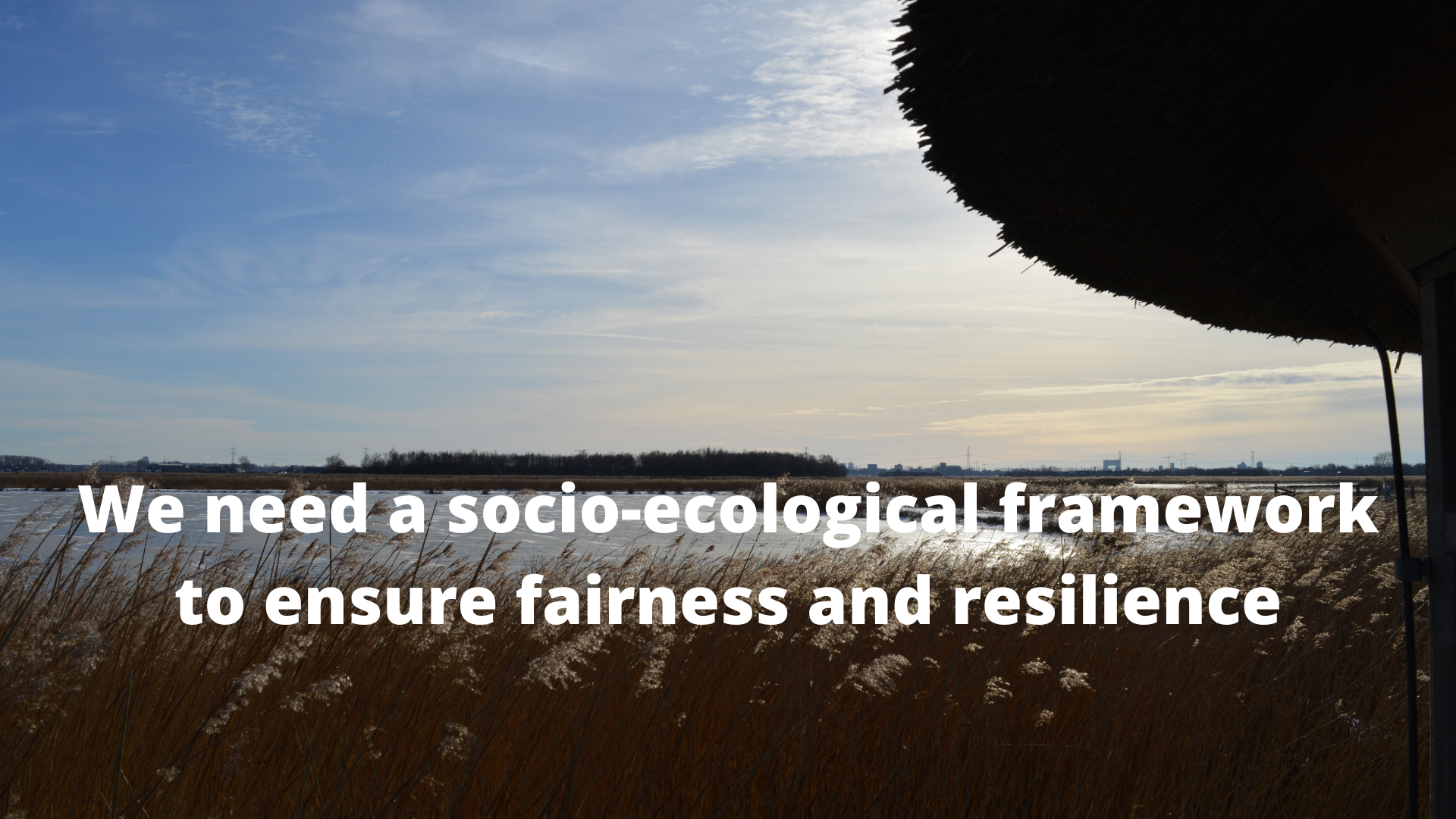
Policy Action
We need a socio-ecological framework to ensure fairness and resilience
We need a paradigm shift to conceive food production and nature conservation as one and the same. We need to end land concentration and speculation, and enhance access. Targets and criteria for land use must enhance resilient production methods and conservation practices that honour local, traditional and indigenous knowledge. Caring for the land is caring for each other. We need to decolonise our approach to land and move away from extracting resources at the expense of humans and the living environment.
The Long Now – from the Sámi Perspective, all matters are environmental matters
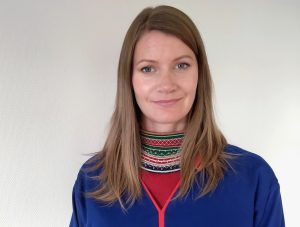
A conversation with Josefina Skerk, former Vice-President of the Sámi Parliament (pictured on the right)
I am proud of the Sámi parliament for creating the Environmental Programme – called Eallinbiras in Sámi. It is more of a life programme. We are trying to convey the Sámi culture to inspire others to have a more sustainable view on life. And to push towards a policy that is more sustainable and has more of a long-term perspective on things.
The programme was initiated in 2008. It differs from many environmental programmes in that it has a very wide scope. It speaks about the emotional connections that we have to nature, and the need to care for nature, to care for ourselves. It has a very clear decolonised view on Sámi and indigenous culture. And it is also poetic and beautiful. It is a mix of these really interesting and important ideas on how to raise the value of Sámi traditional knowledge, Sámi culture, traditional livelihoods, but also really concrete things: it goes all the way down to recycling!
Land as library
There is a story I like to tell when I’m explaining Sámi culture. My favorite time of the year is the moose hunting season. I have no particular blood lust. But it is the time when I can follow my elders around because they are out all day in the forest. A lot of the time I just carry their backpacks. We sneak through the land and when we are passing all these places, the stories come. They are the kind of stories that do not come when you’re sitting around the kitchen table. You have to be out there. You have to pass that creek, and then they’ll tell you the story about their Aunt Anna who did something here. You have to pass those kinds of plants, and they’ll tell me what the moose eats, and how it moves through the terrain, and how to manage various types of situations. And also stories connected to spirituality, to culture, building materials for traditional buildings, handicrafts…
Our language very recently became a written language. Before that, our traditional stories – our history – was preserved through the land. Every family has their specific traditional land. The land turns into a library.
That is why when a developer comes and says: “We are just gonna take this tiny piece of land…” – There is no money that can compensate. If it is lost, it is lost. I will have nothing to give to my kids. There is no economic value that you can really place on it.
Caring for the land is caring for each other
80% of the world’s biodiversity is on land that is owned, controlled or managed by indigenous peoples. We are really, really good at biodiversity and keeping land resilient because our traditional livelihoods depend on large unexploited land areas. That is the foundation of traditional Sámi culture. And values carried from generation to generation: not leaving traces, not taking more than you need, giving back.
Caring for the land is just as important as caring for each other – because it is caring for each other. You’re making sure that your coming generations will have a place to be, and to be able to continue to be Sámi. So I think the programme fits right into this.
We want strong rural societies. The difference is that our perspective is very long. So when there is a decision to be made on a new mine, for instance, we want to be certain that this is a good decision for many generations ahead.
Powerful process
The working group to get the programme established was not just made up of politicians; we had broader representation from the Sámi society. I remember the amazing meetings we had with people from different backgrounds, on what was important to them to have in the programme. There was a lot to process from these meetings, when it comes to building a sustainable Sámi society. They were so powerful. I wish we did more of that actually. I’m trying to push for something similar to come back into the system.
Culture as a resource
It was very dangerous and it was shameful to be Sámi for a long period of history. Like all indigenous peoples we have a partly very tragic history and a lot of division.
Generally the policy problem is that we do not have a voice – we should have the right to much more of a say when it comes to what is being done with our traditional territories. But mostly we have no ownership rights to anything. So whether it is private owners or state owners, they do more or less as they please.
This is rapidly destroying the foundation for the Sámi culture. And today it is really, really sad: Sweden’s efforts to mitigate climate change have become part of this problem. They are building huge windmill parks up in our territory to produce their green energy. It means cutting down ancient forests at a wide scale. The Green Deal sped things up. There is a new law being passed about consultations with the Sámi people but that isn’t enough. It is not even hitting the minimum standards that the international community has put in place to ensure that states are
not actively discriminating against indigenous peoples.
Sweden has generally been very positive in trying to hinder climate change – which is great – just too bad that they are not building things in the south where the people with the power and the money are. They are building them up here. It is easier to take our land than theirs.
Sámi culture is too rarely recognised as a resource and something to be inspired by. We are communicated with as troublemakers. But the international community is more and more opening their eyes to the value of indigenous cultures – I mean it was even in the Paris agreement. So it is going to get better.
Greyscale solution
When it comes to Sámi culture we are really waiting for good policy. Because policy is the greyscale solution to a greyscale problem. Right now we are forced to take things to court – and there have been a lot of court victories for the Sámi people – but this tends to be a bit black and white when it comes to solutions. And I think we can figure things out that are much better for everyone and less time consuming as well, if politicians dared to address these issues.
Rights-based policy
Policy needs to ensure self-determination for the Sámi people. What’s needed is to build a better mechanism for decisions being taken on lands and waters in the Sámi traditional territory. Then, we can construct something that has these building blocks, that comes from the Environmental Programme, about sustainability and long-term perspectives, while still ensuring strong societies with healthy economies.
Sweden is almost using our traditional territory as a colony, in the sense that there is a lot of forest industry, hydropower, and mining. We are producing over 95% of Europe’s total iron ore production from Sámi territories and nothing comes back. There are poor communities in the Sámi traditional territory. So I think one part of the policy is the indigenous rights but the other part of the policy is to enable more of the profits to stay in the north so that we can have the kind of future and current situation that we really deserve.
But since only about 10% of Sweden’s population lives up here, there isn’t a great political motivation to make those kinds of changes either. What happens when societies are torn apart? They become too unequal. That is laying the groundwork for a lot of trouble. We need to see how we can build societies that are tightly knit and equal.
Climate justice
When it comes to European policy, if we talk about the Green Deal for instance, it is really important to think about climate justice. And to carry the justice aspect, the rights aspect, into other arenas – for example the EU is working on forestry policy right now. Because there are people living in all of these areas. And a lot of the time they are minorities that are not quite heard in their respective societies.
What the EU does has an effect on other indigenous peoples around the globe. There are a lot of European economic interests involved in building hydropower in the Amazon for instance. This causes huge conflicts and indigenous peoples being murdered by corrupt states, but still the projects are funded by European banks or pension funds
or other actors. Just as with climate change and emissions, we should also think about the effects the EU has in other places, in other rural areas of the world.
A question of status
People seem to think urbanisation is a god-given thing, but it is the effect of policy. Policy could just as well be used to strengthen rural areas and make them more attractive. Politicians could just as well communicate the value of rural areas. To be someone, to become someone you have to move away – too often that is communicated to the youth. But it doesn’t have to be like that.
Wouldn’t it be nice if the EU or local or national politicians did a campaign to embrace the status of rural people, the people who stay? I do believe in attitudes. The kind of lives that we value. What is considered successful today – we are destroying the planet by striving after that.
This is an extract from “Rural Europe Takes Action – No more business as usual” published by ARC2020 and Forum Synergies in June 2022. The e-book is available here and a PDF version can be downloaded here. To order a hardcopy, contact info@forum-synergies.eu.
More from Rural Europe Takes Action
Rural Europe Takes Action | A Shared Space for Food Transition
Rural Europe Takes Action | CSA and the Building of a Food Commons
Rural Europe Takes Action | Regenerative Governance in Rural Spain
Rural Europe Takes Action | Creating Alternatives, Creating Community



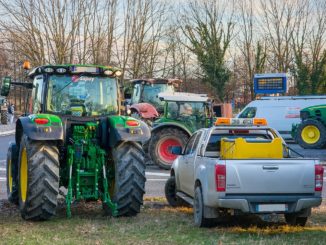
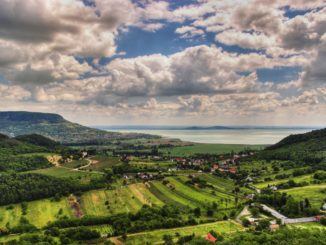
1 Trackback / Pingback
Comments are closed.